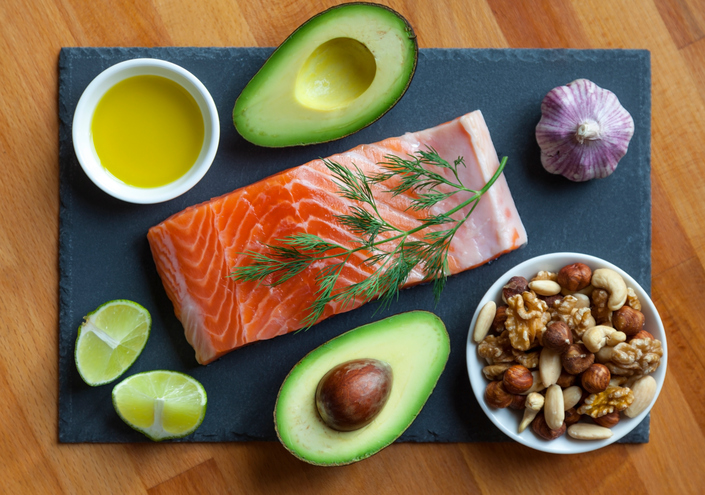Did you know cancers crave carbs? Low-carb, high protein diet shown to reduce cancer risk
June 14, 2011
Found in News
June 14, 2011, Vancouver – New lab-based research from the BC Cancer Agency shows that a low-carbohydrate (carb), high-protein diet slows cancer growth and may actually prevent cancers from forming. This is because the vast majority of tumours take up and need more glucose, a simple carb, than normal cells to survive and grow.
Gerry Krystal, PhD, a distinguished scientist at the BC Cancer Agency, and his research team have been exploring how diet can impact the risk of and growth of cancers. In their new paper, published in Cancer Research, the team compared an average Western diet to a low-carb, high-protein diet, to examine both tumour growth and the incidence of tumours in mice predisposed to breast cancer.
“We found that tumours grew slower in mice that ate a low-carb, high-protein diet,” says Dr. Krystal. “And, this diet not only prevented weight gain, it reduced cancer development and death in mice genetically predisposed to breast cancer.”
Not only did the low-carb, high-protein diet slow tumour growth and the number of new cancer cases in these mouse studies, it also boosted the effectiveness of a number of existing, anti-cancer drugs, including the anti-inflammatory COX-2 inhibitor, Celebrex. In the study, each group received the same amount of daily calories, the difference being one group was exposed to high carbs/glucose (the Western diet) while the low-carb, high-protein group received the majority of its calories from protein, which boosts the ability of the immune system to kill cancer cells.
The mice on the Western diet ate 55 per cent carbs, 23 per cent protein, and 22 per cent fat—and experienced weight gain and increased cancer risk. Those on the low-carb, high-protein regimen consumed a daily diet of 15 per cent carbs, 25 per cent fat and 60 per cent protein. The relatively low levels of fat are also important, since high fat consumption has been shown to increase cancer risk.
“We believe this diet has real potential to improve overall health, reduce cancer risk, and provide some benefit to those living with cancer by slowing tumour growth,” says Victor Ho, a PhD student in Dr. Krystal’s lab and the lead author on the paper. “Our recently-published evidence certainly warrants further research in a human population through clinical trials.”
Dr. Krystal adds, “We were surprised to find that a simple change in diet could have such a significant impact on both cancer growth rate and overall risk. And, while the diet composition in our study may be challenging for most people to maintain, any changes people make in their diets to approach a lower level of carb and higher level of protein intake will likely have a beneficial effect, for preventing both obesity and cancer. However, people with type 2 diabetes should be cautious about raising protein levels in their diet, since this might cause kidney damage. They should consult with their doctors first.”
To date, the findings have not been studied or established in human trials. Funding for the study was provided in part by the BC Cancer Foundation.
– 30 –
The BC Cancer Agency, an agency of the Provincial Health Services Authority, is committed to reducing the incidence of cancer, reducing the mortality from cancer, and improving the quality of life of those living with cancer. It provides a comprehensive cancer control program for the people of British Columbia by working with community partners to deliver a range of oncology services, including prevention, early detection, diagnosis and treatment, research, education, supportive care, rehabilitation and palliative care. For more information, visit www.bccancer.ca.
The BC Cancer Foundation, the fundraising partner of the BC Cancer Agency and the largest charitable funder of cancer research in B.C., enables donors to contribute to leading-edge research that has a direct impact on improvements to cancer care for patients.
BC Cancer Agency Media Contacts:
Allison Colina
BC Cancer Agency
allison.colina@bccancer.bc.ca


